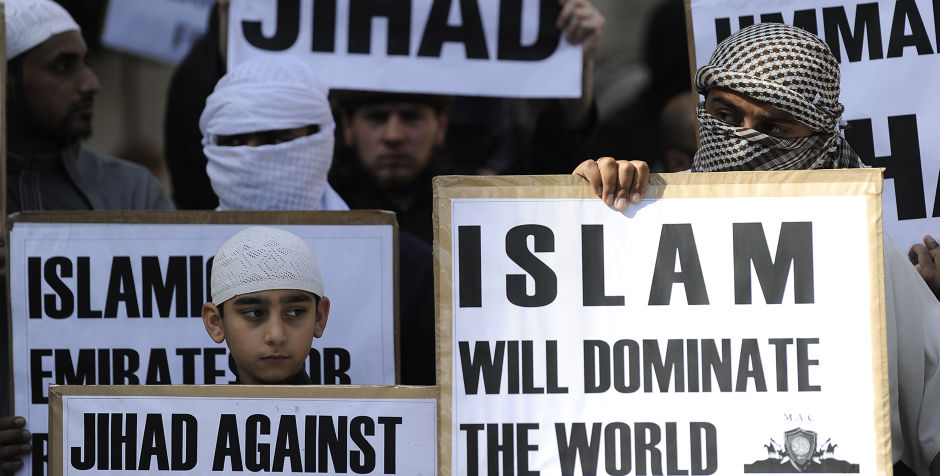ECLJ Affiliate Represents Christians Against a Mob of Muslim Lawyers
The ECLJ’s affiliate, Organization for Legal Aid (OLA), in Pakistan is representing a Christian man, Allah Ditta Masih, who was beaten and shot three times by radical Muslims when he tried to stop Muslim men from harassing Christian women on their way to church on Sundays.
Village 136/16-L in Khanewal, Pakistan is mostly populated by Christians, but some Muslims who live in the village are influential enough that they are able to suppress the Christian majority. Some Muslim men of the village had been harassing Christian women every Sunday. The Christians informed the elders of the Muslim families on a number of occasions but to no avail.
On July 11, 2015, Masih, an usher at the church, told a Muslim man, Abdul Rauf, not to loiter in front of the church. After a heated argument, Rauf left, but came back a few hours later with his brother, Tahir Khan, to teach a lesson to the Christian for daring to stand up to a Muslim. Khan and Rauf beat Masih with clubs and shot him three times, injuring his arm and leg. Masih’s family and neighbors rushed to help him and took him to the hospital while Rauf and Khan fled the scene.
The next day, Masih’s family pressed charges against Rauf and Khan. The police arrested both men and recovered the firearm. In order to pressure the Christian family to not pursue the criminal charges against Rauf and Khan, Rauf and Khan’s uncle, Muhammad Zia Jahangir (who is also an attorney), fabricated a story and filed a petition to register a criminal case against Masih’s family members. Jahangir alleged that Masih’s eight family members assaulted him and damaged his motorbike.
On August 18, 2015, the investigation officer submitted his report, which concluded that the Christians were innocent and the allegation that they beat Jahangir was false.
Because Jahangir is an influential Muslim lawyer, he brought about forty other lawyers to the court hearing to pressure the court to order registration of a criminal case against the Christians. The President of the local bar association also met with the judge in his chambers on behalf of the Muslims. After the meeting, the judge ordered the police to file criminal charges against the Christians.
OLA attorneys filed a petition in the High Court challenging the judge’s order. After hearing the preliminary argument, the High Court set aside the lower court’s order and directed the police to not be influenced by the lower court’s order. However, the next day, OLA attorneys discovered that the police had registered a case against the Christians the night before. We filed pre-arrest bails for the eight Christians, which were granted.
We are currently preparing a petition to be filed with the High Court for dismissal of the charges. We are hopeful that the High Court will grant our petition and dismiss all charges against the Christians. On the other hand, the Muslims are now pressuring the Christian eye-witnesses to not testify against Rauf and Khan. The evidence against both Rauf and Khan is strong and we are hopeful that they will face justice.
This case shows the difficulties Christian minorities face in Pakistan. A minor dispute can arise to the level of community violence. False charges are commonly and easily filed. Sometimes judges are pressured even by the bar associations. However, higher courts are less susceptible to such pressures and mostly decide cases on the merits. In such circumstances, Christians and other minorities need robust legal representation, including attorneys who have the courage to stand up to mobs of opposing attorneys who not only argue legal aspects of the case but sometimes threaten violence.

